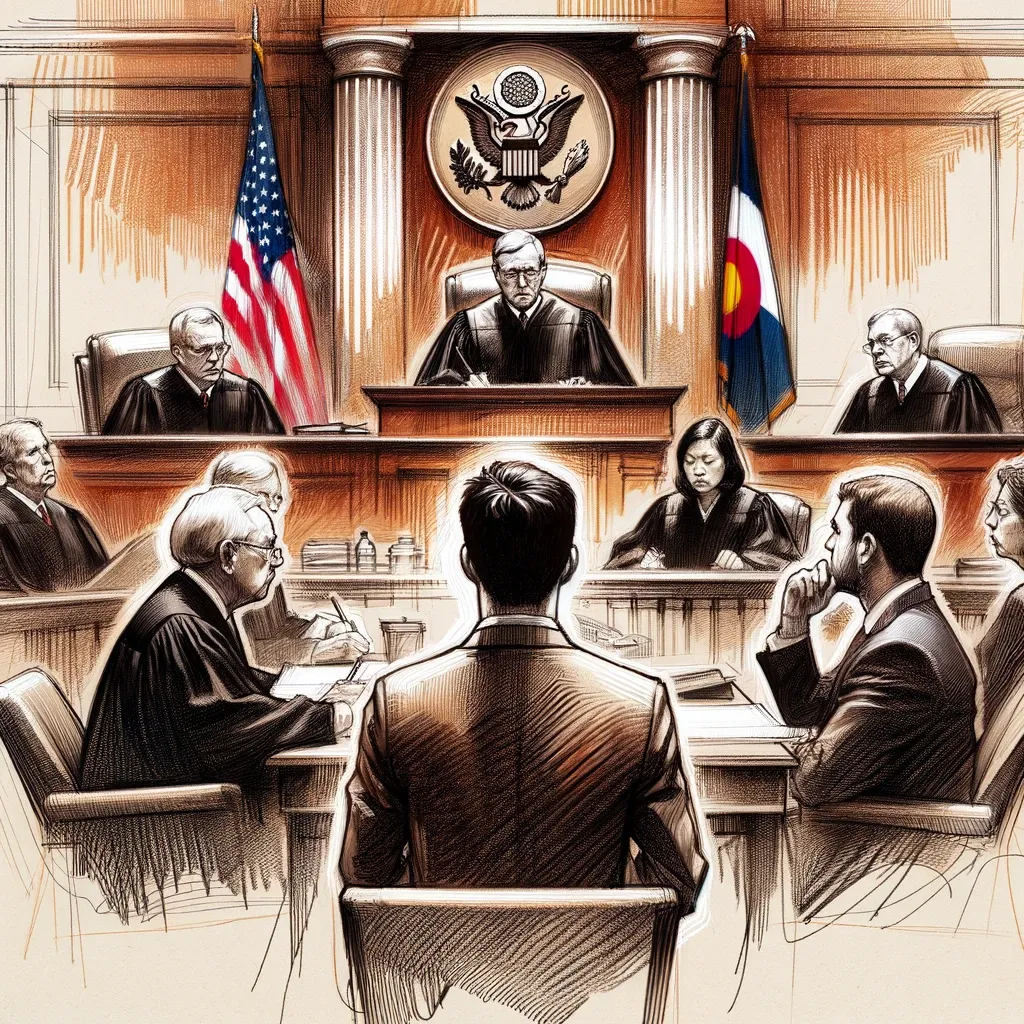Case Digest on Counterman v. Colorado

Counterman v. Colorado centers on the necessity of proving a defendant's subjective understanding of the threatening nature of their statements in "true threats" cases. The Supreme Court ruled that recklessness is sufficient as a subjective mental state for such cases, enhancing the First Amendment's protection against chilling effects on speech.
Introduction:
This case examines the balance between free speech under the First Amendment and the state's interest in protecting individuals from true threats of violence.
Facts of the Case:
Billy Counterman sent numerous Facebook messages to a local musician, C.W., between 2014 and 2016. Despite never meeting and C.W.'s attempts to block him, Counterman persisted, with some messages suggesting violence. Charged under a Colorado statute for causing serious emotional distress, Counterman challenged the charge on First Amendment grounds.
Issue of the Case:
Whether the First Amendment requires proof of a defendant's subjective understanding of the threatening nature of their statements in cases of alleged true threats.
Ruling of the Case:
The Supreme Court held that recklessness suffices as a subjective mental state in true-threat cases, where the defendant consciously disregards a substantial risk that their conduct will cause harm to another.
Impact on the Legal System:
This ruling clarifies the standard for what constitutes a "true threat" under the First Amendment, balancing the need to protect individuals from threats and the importance of not chilling protected speech.
Conclusion:
Counterman v. Colorado establishes recklessness as the requisite mental state for true-threat prosecutions, ensuring a protective boundary for free speech while addressing the harms associated with true threats of violence.

